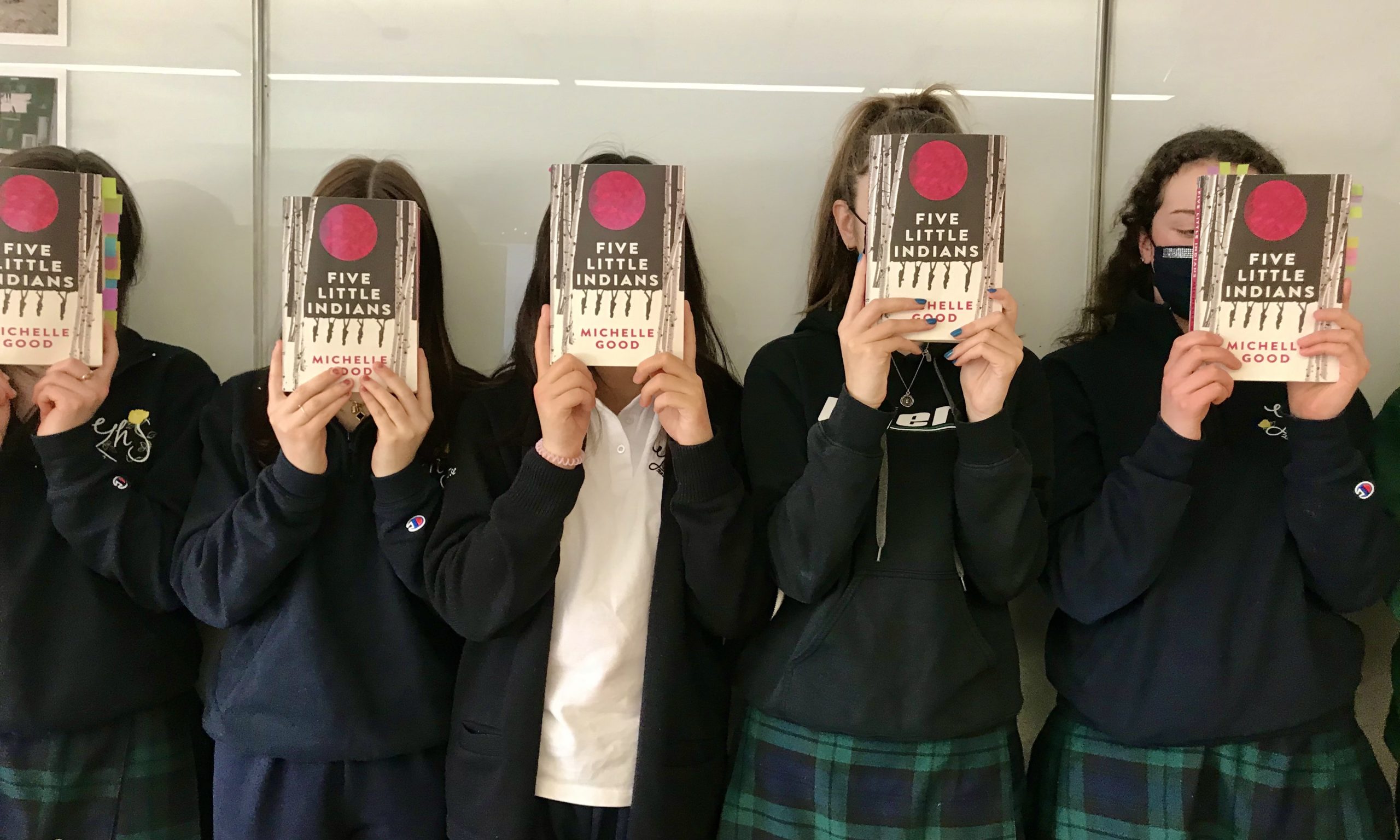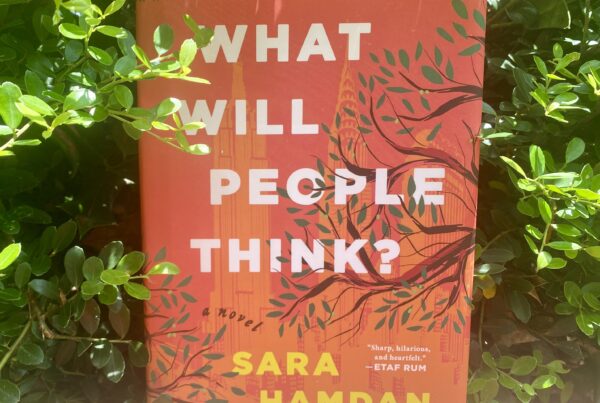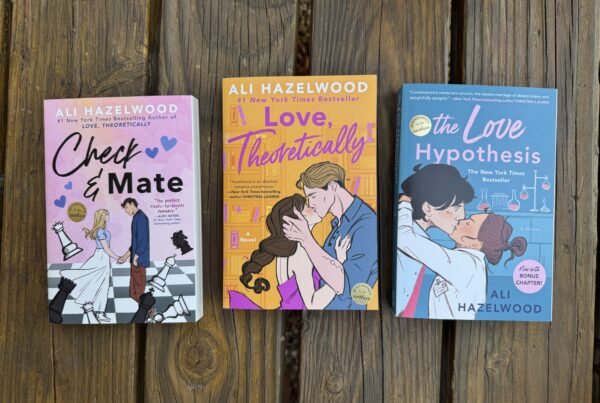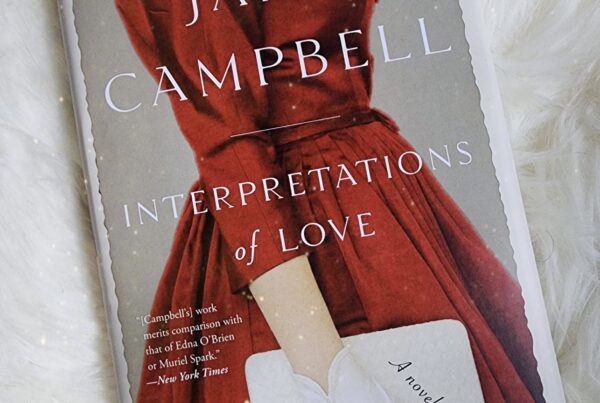A handful of books really impacted me in 2020. One of those books is Five Little Indians by Michelle Good. Good is of Cree ancestry and a member of the Red Pheasant Cree Nation. As preparation for a novel study unit I do with my grade 12 English classes, I’d been reading as much literature written by Indigenous Peoples as I could, trying to find a novel that I thought would resonate with students, and also prompt in-depth discussions about First People’s Principles of Learning, Indigenous experiences, and non-Indigenous people’s interactions with and treatment of Indigenous Peoples.
So many of these texts understandably include topics that can be upsetting, given the experiences of many Indigenous Peoples across Turtle Island. Good’s book is no exception. Her fictional account of five residential school survivors includes so much of the abuse and racism inherent in this system, as well as the pervasive after-effects on these individuals as they try and navigate life after residential school—having been disconnected from their culture, families, and histories, and with no support provided for their transition into society.
But Good’s book is also filled with compassion. She provides insight into the lasting effects of the residential schools on each character’s psyche and behaviour, giving the reader the opportunity to understand—at least on some level—why we can’t just forget about the past and why Indigenous Peoples can’t just ‘get over it,’ as is often the response to calls for reconciliation, land back, and decolonization. Here, we’re invited into a world we may have little to no experience with or understanding for, and Good does a wonderful job of breaking down stereotypes and assumptions too often made about Indigenous communities while also creating a beautiful, powerful community of characters.
And the novel moves towards hope and healing. The lives of these five individuals aren’t all perfect by the end—and not all even survive–but those who do survive find a way through their trauma with the help of their communities, their ancestry, and the land.
Needless to say, I chose this book for our novel study this year and I’m so glad I did. I’ve been so impressed by how thoughtfully and deeply my students have engaged with it. I thought I’d include a few of their thoughts here. Maybe they’ll convince you to pick up this book if I haven’t yet.
“By the end of the book, I was in tears, fueled by my new learning of the injustices suffered by Indigenous children and families at the hands of the residential schools and [by] Michelle Good’s beautiful writing. The journey taken by the characters was heart-wrenching, inspiring and came to a satisfying conclusion where I believe each character found peace with the world in their own way.”
“For me, I think the biggest thing about this book’s impact on me was its ability to reveal what really happened and happens for many Indigenous people through a first person lens. Storytelling is such a powerful tool […] It puts meaning into the data and statistics and documents that we have studied previously. It also broke a lot of the stereotypes that my implicit biases and subconscious tend to harbour. I began to see more the value of Indigenous knowledge systems, traditions, pedagogy, and just the beauty in their community and how colonization tried to take that away.”
“One thing that stood out to me is the emotional balance of the book. While the book contains the devastating realities of the lives of residential school survivors, occasionally with graphic content and imagery, there is always a feeling of hope for the reader. This book is filled with so much love, from the love between characters to the love Good put into the creation of this story. The hope you feel when reading this allows you to power through the devastating events the book contains and search for more, even when the devastation is hard to read.”




